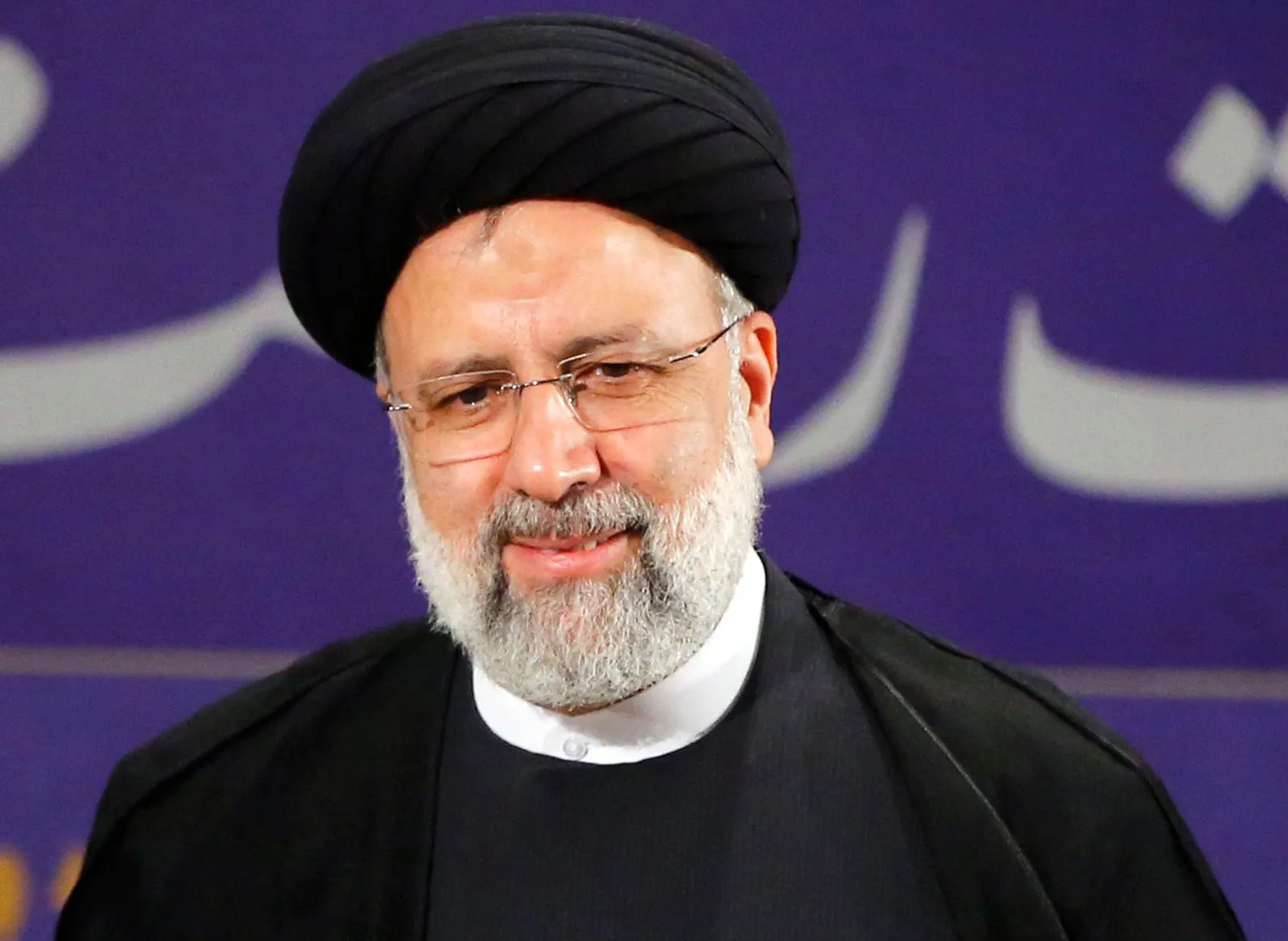A helicopter carrying Iran’s President Ebrahim Raisi was involved in “an accident” amid poor weather conditions on Sunday, state media reported, with a search underway and no news yet on his condition.
“An accident happened to the helicopter carrying the president” in the Jofa region of the western province of East Azerbaijan, state television said.
Rescue team were headed to the area to locate him and other officials, state media in the Islamic republic reported, adding that Foreign Minister Hossein Amir-Abdollahian may also have been aboard the aircraft.
“The harsh weather conditions and heavy fog have made it difficult for the rescue teams to reach the accident site,” state TV said in an on-screen news alert.
- Burna Boy declares self godfather of Nigerian music
- Innoson’s new plant to produce 30,000 CNG buses annually
The accident happened in the mountainous forest area of Dizmar near the town of Varzaghan, according to the official IRNA news agency.
Raisi, 63, was visiting the province Sunday where he inaugurated a dam project together with his Azeri counterpart, Ilham Aliev, on the border between the two countries.
His convoy included three helicopters, and the other two had “reached their destination safely,” according to Tasnim news agency.
IRNA said the foreign minister and local officials were travelling in the same helicopter as Raisi.
The reformist Shargh Daily also reported that “the helicopter carrying the president crashed” while two other helicopters landed safely.
Later, Interior Minister Ahmad Vahidi said one of the helicopters “made a hard landing due to bad weather conditions”.
He added that it was “difficult to establish communication” with the aircraft.
Years of crisis and conflict
Raisi has been president of the Islamic Republic since June 2021, succeeding the moderate Hassan Rouhani, for a term during which Iran has faced crisis and conflict.
He took the reins of a country in the grip of a deep social crisis and an economy strained by US sanctions against Tehran over its contested nuclear programme.
Iran saw a wave of mass protests triggered by the death in custody of Iranian-Kurd Mahsa Amini in September 2022.
In March 2023, regional rivals Iran and Saudi Arabia signed a surprise deal that restored diplomatic relations.
The war in Gaza that began on October 7 sent regional tensions soaring again and a series of tit-for-tat escalations led to Tehran launching hundreds of missiles and rockets directly at Israel from Iran in April 2024.
Raiasi, born in 1960 in northeast Iran’s holy city of Mashhad, rose early to high office. Aged just 20, in the wake of the 1979 Islamic revolution that toppled the US-backed monarchy, he was named prosecutor-general of Karaj next to Tehran.
He served as Tehran’s prosecutor-general from 1989 to 1994, deputy chief of the Judicial Authority for a decade from 2004, and then national prosecutor-general in 2014.
His black turban signifies direct descent from Islam’s Prophet Mohammed, and he holds the religious title of “hojatoleslam” – literally “proof of Islam” – one rank below that of ayatollah in the Shiite clerical hierarchy.

 Join Daily Trust WhatsApp Community For Quick Access To News and Happenings Around You.
Join Daily Trust WhatsApp Community For Quick Access To News and Happenings Around You.


